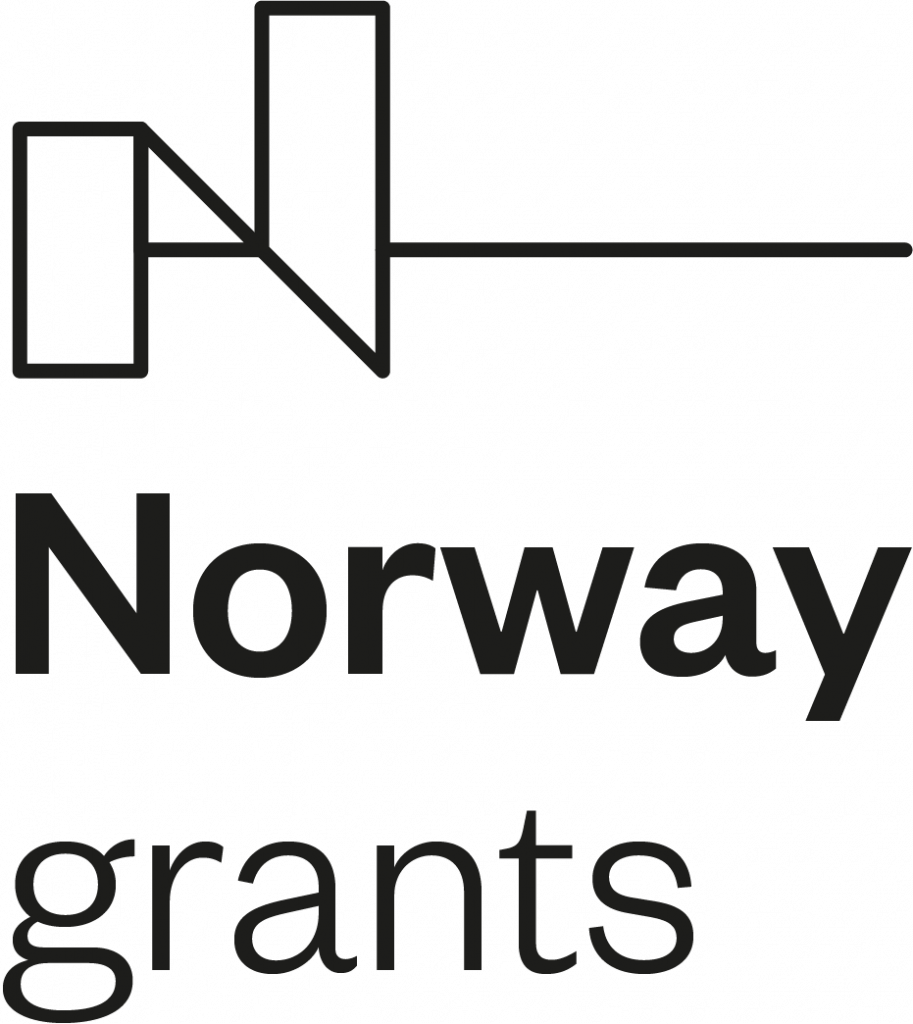Norway Grants 2014–2021
if they don’t want to, they don’t want to
for the period from October 2022 to April 2024, we managed to obtain funding from the Norway Grants human rights programme. in the Czech Republic, it is mediated by the Ministry of Finance.
The topic of sexual violence and violence against women entails a number of myths and stereotypes. Research shows that a part of Czech society shares a clear opinion. That is that victims, because of their behaviour, the way they dress or alcohol consumption, are co-responsible for their own rape. As a result, victims have little confidence in the possibility of being accepted and supported after suffering a traumatic event. These views are voiced in society-wide debates in the media and on social networks. Young people often adopt this stereotypical way of thinking. This is due to low awareness of sexual violence.
This lack of information relates in particular to the importance of mutual consent in all sexual activities. The area of sexual behaviour in general is burdened by a number of stereotypes and myths. There is a space missing in Czech schools and public spaces where sex (and sexual violence) could be discussed in an open and informed way. With the project “If they don’t want to, they don’t want to!“ we want to change this situation. In the project, we address the education of primary and secondary school pupils and students, teaching staff and, through awareness-raising activities, the general public. Our starting point is a situation where rape and sexual violence are not sufficiently supported by the law and are downplayed by a large part of the Czech public, according to expert research. And the same time, rape and sexual violence are the crimes with the lowest number of reported cases (out of 12,000 rapes, only about 600 cases are reported – i.e. 5%).
In addition to the following activities, we also plan to launch an awareness campaign and different events where we will inform the public about the progress of the project, disseminate the survey results, and emphasize topics related to sexual violence prevention.
workshops for schools
One of the causes of sexual violence and its perception in the Czech Republic is the absence of a coherent approach to sexual education and training in primary and secondary schools. We are responding to this situation with the When they want it workshops, where we aim to create an environment in which students can think critically about the topic of sexual violence and mutual respect in sexual activities. The project will be implemented throughout the country. To begin, we will run a series of sexual violence prevention workshops in primary and secondary schools. We expect to conduct at least 150 workshops for about 3000 people.
impact analysis
We plan to measure the impact of the workshops throughout their implementation with the aim to create an impact analysis. An expert team will carry out the measurements directly at the workshops and subsequently deliver a material that will verify whether the workshops are meeting their objectives and what, if anything, needs to be improved. The results of the analysis will be used to update existing methodologies and also as a basis for advocacy work and enforcing change in gender-based violence education.
advocacy
We raise awareness about the fact that rape is not sufficiently anchored in the Czech Criminal Code and aim to contribute to a legislative change that will define rape as an act performed without the consent of the other person. As is already the case in 13 European countries. In current Czech criminal law, the defining feature of rape is coercion or abuse of defencelessness. Whether the legal system considers a particular sexual act to be rape plays a crucial role in the sentence of the perpetrator and the protection the victim receives. The legislative change is in line with international law and the recommendations of international institutions, including the UN Committee on the Elimination of Discrimination against Women (CEDAW), the Council of Europe and the European Court of Human Rights. This concept is also enshrined in Article 36 of the Council of Europe Convention on Preventing and Combating Violence Against Women and Domestic Violence (the Istanbul Convention).
We will continue to spread our petition for legislative change – It takes consent. As part of our lobbying efforts, we will talk to MPs and MEPs, explain the nature of the issue when we meet them and prepare examples of good practice from abroad for such meetings. We will also organize several expert debates on the issue of the definition of rape with representatives from the ranks of judges, lawyers, and prosecutors. We will support our advocacy activities with representative public opinion research on consent and the definition of rape.
